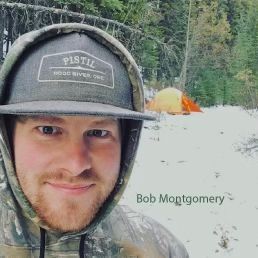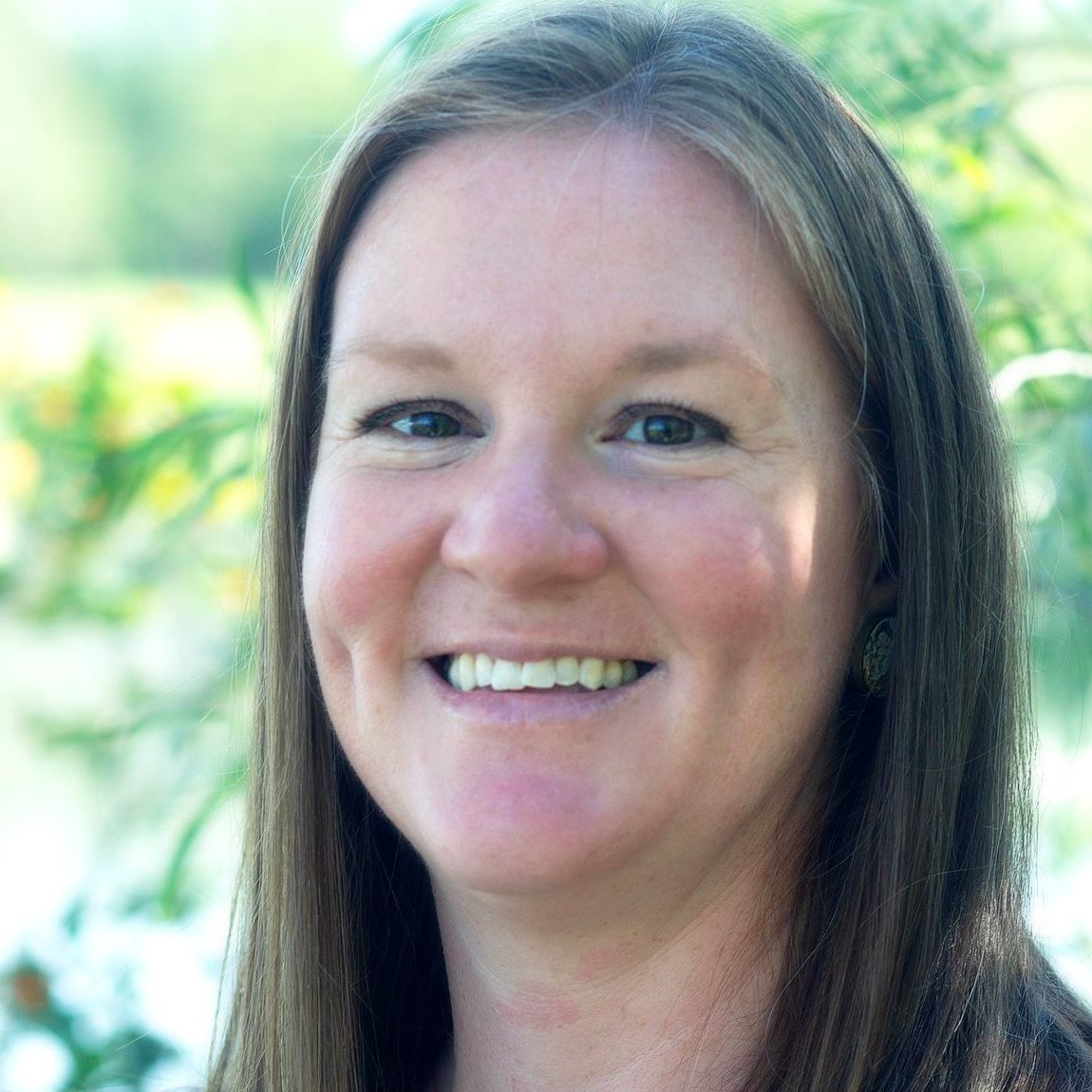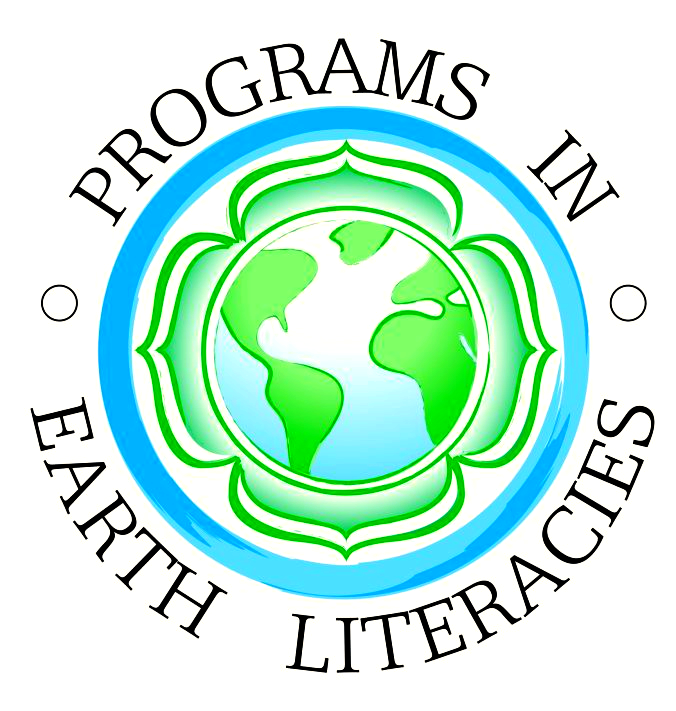What is a Land Sharing Network?
with
Bob Montgomery and Emily Eaton
RECORDED on
Tuesday, March 26, 2024
6:30 - 8:00 PM Pacific | 7:30 - 9:00 PM AB & SK
*** SCROLL DOWN TO WATCH VIDEO REPLAY ***
Above: A Garry Oak meadow with camas lilies
Access & Links to this program's replay (recording) page will be emailed with your registration confirmation,
OR,
WATCH THE VIDEO REPLAY
WOULD YOU HELP US OUT BY ANSWERING A TWO-MINUTE FEEDBACK FORM?
Resource Links Page
What is a Land Sharing Network?
with Bob Montgomery, MA and Emily Eaton, PhD


A Treaty Land Sharing Network (TLSN) was launched in Saskatchewan in 2019. It was piloted in Alberta in 2022.
Can we make it happen in BC next?
Land Sharing is an organized way for settler land-holders to uphold their treaty obligations, or make right in territory without treaty, by supporting Indigenous people to have access to the land the settlers hold as colonial private property.
Land Sharing Activities include hunting, fishing, food and medicine gathering, ceremony, cultural practices and culture camps.
Land Holders sharing land include farmers, ranchers and faith groups (eg. that own camps), and more. In BC, beach front landholders could be added so that Indigenous people could have land access through “private property” to beaches for shellfish harvesting and land holders with cedar trees could provide access for cedar stripping.
Please join us if:
- You are a landholder (individual or organization) who might consider land sharing.
- You might be interested in starting a land sharing network.
- You are an Indigenous person or representative of an Indigenous organization and would like access to more land.
- You could help spread the word about land sharing networks and land sharing.
- You are curious.
In this 90 minute session, Bob and Emily will explain land sharing and take questions.
Hosted by Greater Victoria Acting Together and Programs in Earth Literacies.
For more information, go to: treatylandsharingnetwork.ca
Bob Montgomery, MA, is of settler (Scottish) and Métis descent, is a member of the Métis Nation of Alberta, and is reconnecting to his Métis heritage. He has had incredible experiences out on the land and wants to ensure that those experiences are available to other Indigenous peoples.
Bob is the Indigenous Engagement Coordinator for the UNESCO Beaver Hills Biosphere (near Edmonton), a member of the Coordinating Committee of the Treaty Land Sharing Network (TLSN) and the co-lead of the pilot project that brought the TLSN to Alberta.
As a Métis person, he cares deeply about the land that is the source of identity, gifts and life. His career has centered around education in land-base settings through unique pedagogies. He has supported young men and youth in addiction recovery in the mountains; co-developed and managed recreational programming at Kikino Métis settlement; and supervised a work based education program with Alberta Junior Forest Rangers.
He has since shifted his focus to supporting Indigenous peoples exercise their sovereignty on their traditional lands through conservation, land management and biodiversity actions. This involves rebuilding relationships with the land first then employing our knowledge, developed over millennia, of how to care for it.
Emily Eaton, PhD, has been involved with the Treaty Land Sharing Network from the very beginning and sits on the Co-ordinating Committee as well as other working groups. She is a white settler who grew up in Saskatoon and has done research with farmers and ranchers in rural areas of the province.
She is a Professor of Geography and Environmental Studies at the University of Regina, committed to finding ways to honour the treaties and right Canada's relationship with Indigenous peoples. Emily is also an author, including being co-author of The End of this World: Climate Justice in So-Called Canada along with Crystal Lameman, Angele Alook, David Gray-Donald, Joel Laforest and Bronwen Tucker.
PROGRAM DETAILS
Date: Tuesday, March 26, 2024
Time: 6:30 - 8:00 PM Pacific Time (BC) | 7:30 - 9:00 PM (Alberta & Saskatchewan)
Note: As BC and Alberta will have both switched to Daylight Savings time in early March, but Saskatchewan stays year round on Standard time, the start time will be 7:30 in both Alberta and Saskatchewan
Cost: FREE
Location: On-line – A Zoom Link will be emailed before the program begins.
CLICK: THE
GREEN BUTTON BELOW TO REGISTER FOR THE LIVE EVENT
1 Session
1.5 hours
March 26, 2024
Online via Zoom Link
FREE
A Special Event
This program has been recorded
FIND LINK AT TOP OF THIS PAGE
FAQs
-
How many people per class?
Most programs are unlimited however some are capped by the Faciliators for a variety of reasons. We will post on the program detail and registration pages if any restrictions apply.
-
How do I pay?
You may pay via Credit Card, Pay Pal or Cheque.
-
Can I view a class on my phone?
Yes ... zoom allows for attendees to view via their smartphone zoom app or there are call in numbers for many countries (long distance may apply).

